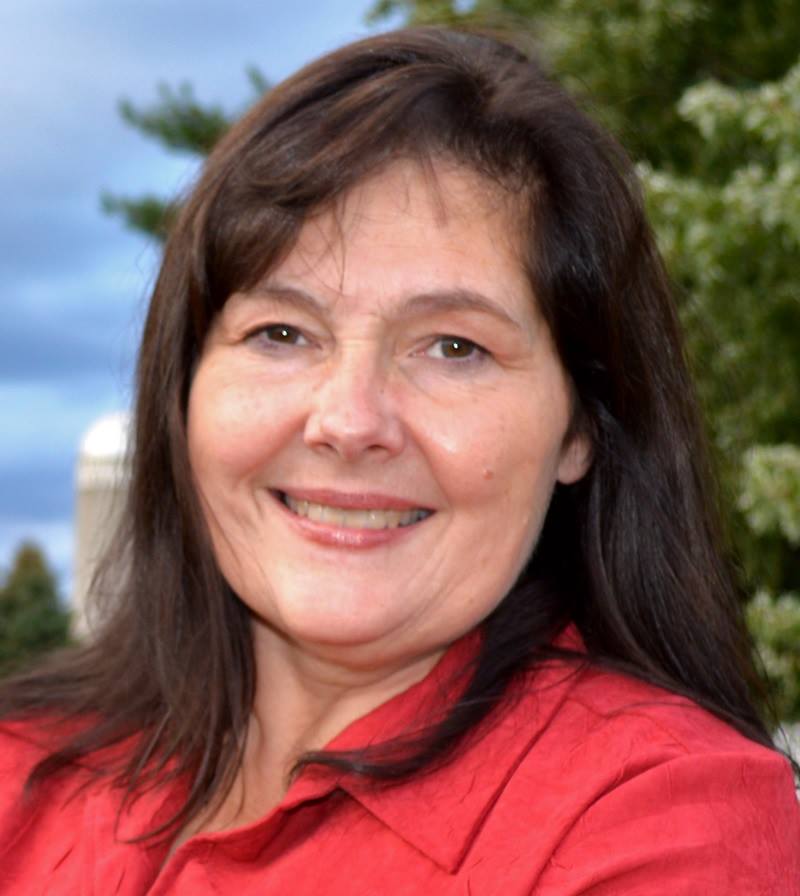This post originally appeared at https://reforminggovernment.org/three-questions-with-rep-nancy-vandermeer-wisconsin-state-representative-district-70/

1.) What’s the biggest issue you’re hearing about from your constituents? AND if you were given the opportunity to enact one reform, what would it be?
The biggest issue I’m hearing about from my constituents is actually related to your question about if I was given to enact one reform, what it would be. Almost every proposal and initiative I get involved in or support has to do with creating access for the individuals and families that I represent in the 70th Assembly District and striving to achieve parity for residents of our state that live in more sparsely populated areas than more densely populated areas of our state.
What I mean by creating access is making sure that individuals and families in rural parts of our state are treated equally with their counterparts in the southeast part of the state, for example, as it pertains to public safety, first responder resources, funding to repair local roads, access to quality health care providers and professionals, mental health resources, and the like. Sometimes, that comes to form in advocating for an equal share of funding for local governments, and sometimes it has to do with changing statutes and licensing, for example, to make it easier for medical providers in rural areas to see more patients, while still adhering to appropriate oversight guidelines.
I’m extremely pleased that some recent examples of these types of initiatives include a new program in this session of the Legislature’s State Budget – that received broad support from Republicans and Democrats from throughout the state – that awards grants to municipalities in rural areas to repair and maintain roads and bridges that are vital to agricultural producers. Agriculture the second ranked, and nearly $105 billion industry in our state and the primary economic driver in my district and many other areas of the state. Another tangible example of the initiatives I referenced above is licensing compacts. These compacts allow a consortium of states across the county to set baseline licensing standards that are acceptable in compact states, and allow residents of compact states to obtain an optional portable license to practice in multiple states without having to go through burdensome bureaucratic processes in individual states where they’d like to practice and pay licensing fees in individual states. I’ve had the chance to author, pass, and get signed into law interstate licensing compacts for doctors, nurses, and physician assistants in our state. They’ve been extremely well-received by health care professionals, health care providers, and those seeking care. The Legislature has recently passed a number of other licensing compacts and there will be more to come, including those I plan to author or lead on for physician assistants and dentists, for example. These are especially helpful for those of us that represent constituents on or near the borders of Iowa, Minnesota, Michigan or Illinois, and are tremendously attractive for our military members or their spouses that are more mobile, by and large, than the civilian population.
2.) What is something that people don’t know about you?
I grew up on the South Side of suburban Chicago and moved to the Tomah area with my family when my father purchased an auto dealer franchise in Tomah, where I worked and later took over after a number of years. I currently live on an active 5th generation family dairy farm with my husband, Dave Hall. I also graduated with an undergraduate degree in psychology from the University of Wisconsin-La Crosse and am passionate about mental health issues.
BONUS QUESTION: What is your go-to Culver’s order?
Turtle Custard. It can always make any day better!